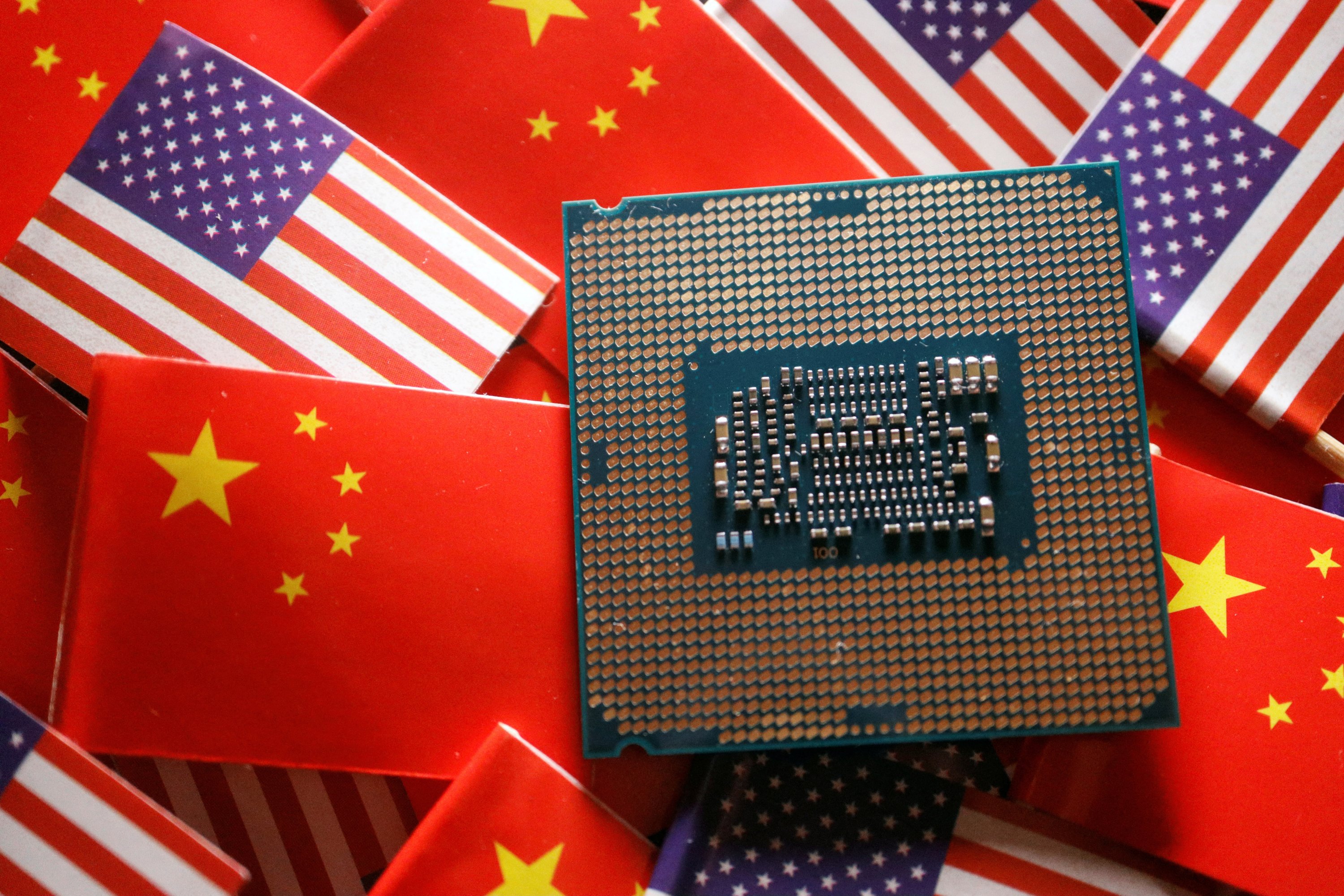
China will control exports of some metals widely used in the semiconductor industry, its commerce ministry announced on Monday, the latest salvo in an escalating war over access to high-tech microchips between Beijing and the United States. The controls, which China said were aimed at protecting national security and interests, will require exporters to seek permission to ship some gallium and germanium products.
The rare elements are critical to manufacturing advanced semiconductor chips used in computer processors and other electronic devices. They are also widely used in industrial equipment such as LEDs and solar cell technology. The new restrictions are set to take effect on August 1, China’s Ministry of Commerce and Customs said in a statement. The ministry said it would require exporters to obtain a license to send any of the raw materials abroad and that they must specify the final recipient and the purpose of the shipment to “preserve security and national interests.”
China is the world’s biggest producer and exporter of gallium and germanium. Gallium, a silvery-white metal, is used in high-performance semiconductors that are key to modern electronics and 5G wireless communications networks. It is also used in LEDs and solar panels, while germanium is used in infrared technology, optical fibers, and photovoltaic cells for power generation. The ministry said anyone who exports the minerals without a permit or over the permitted amounts could be punished.
Analysts say the move will disrupt global supply chains and hit chipmakers, who depend on gallium and germanium for their production processes. The U.S. has imposed restrictions on selling some semiconductor manufacturing equipment to China, and Washington is considering adding new limits this summer. The Netherlands also recently announced new export restrictions on advanced semiconductor equipment, following the lead of Washington.
In response, Beijing has slapped import restrictions on a wide range of goods, including high-speed trains and some consumer goods, and urged the U.S. to drop its “trade war threats.” Analysts say that the escalating trade conflict between the two sides is increasingly being fought using export control measures that slow down the high-tech industries of each country.
Alastair Neill, an independent minerals analyst and the Critical Minerals Institute board member said that the Chinese announcement was likely designed to match the U.S. in a tit-for-tat fashion. “If the U.S. restricts the export of high-end chips, China will respond in kind with a ban on the high-performance elements needed to make them,” he said. “China has a history of matching every U.S. trade measure with a countermeasure of equal proportion.” The Commerce Department, Microsoft, and Amazon did not immediately respond to requests for comment outside business hours. The White House declined to comment. The Commerce Department has sent senior officials to China several times this year to find a way to resolve the dispute, and more talks are expected when Treasury Secretary Janet Yellen visits Beijing later this week or when Commerce Secretary Gina Raimondo makes a trip in the coming months.


